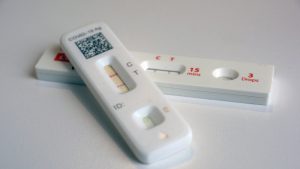
The study found that Tai chi reduces blood pressure
Practiced tai chi: A new type of physical activity to improve cardiovascular health and memory: Results from the first year of Tai Chi
After 12 months, those in the tai chi group saw bigger drops in their blood pressure than those in the aerobic exercise group. More than 20% of the people who practiced tai chi saw their bloodpressure fall to within a normal range, compared with 15% of the people in the aerobic exercise group. The tai chi group had fewer hypertension patients than the aerobic exercise group.
Prehypertension is blood pressure that’s higher than normal, but not high enough to be classified as hypertension. It’s considered a warning sign that heart disease may be ahead, and it raises the risk of having a heart attack.
Studies have also shown that practicing tai chi can help reduce the risk of falls, improve balance and walking speed in older adults, and reduce depression and anxiety.
There is evidence that it can help protect against cognitive decline and boost memory. But you have to practice it consistently to reap the most benefit.

